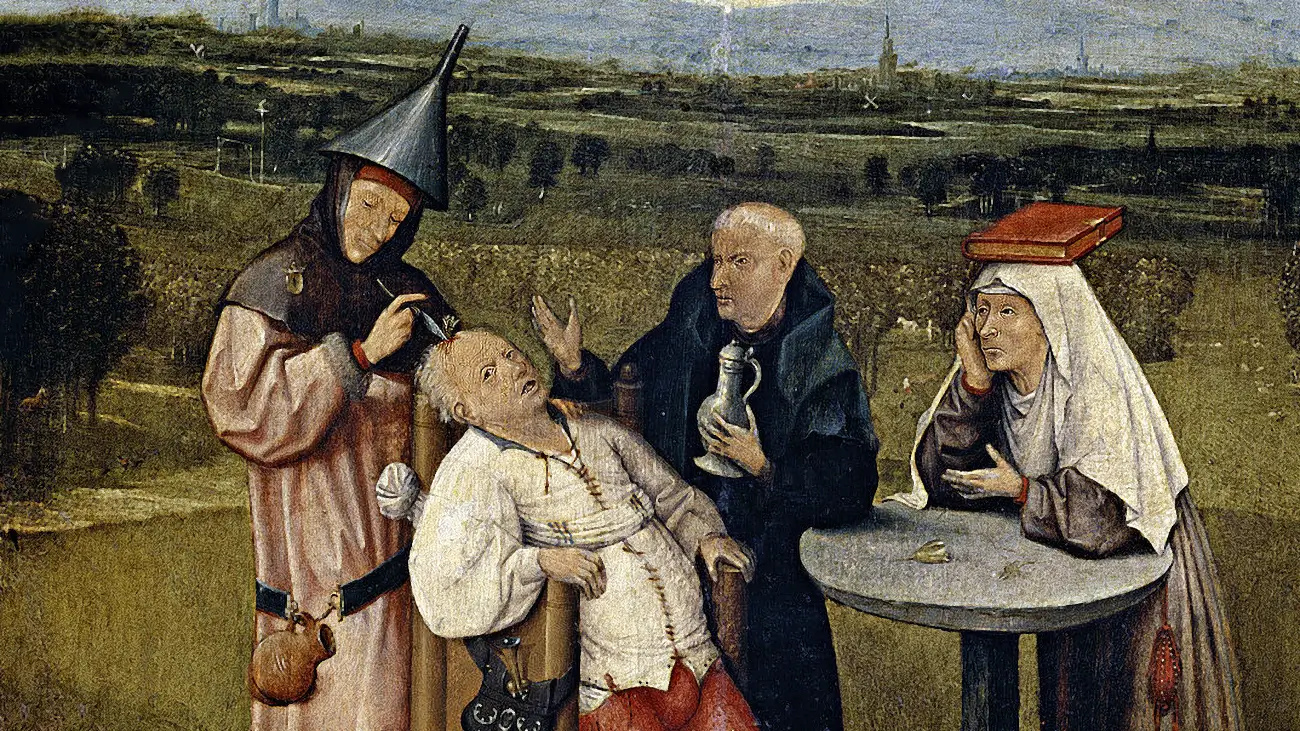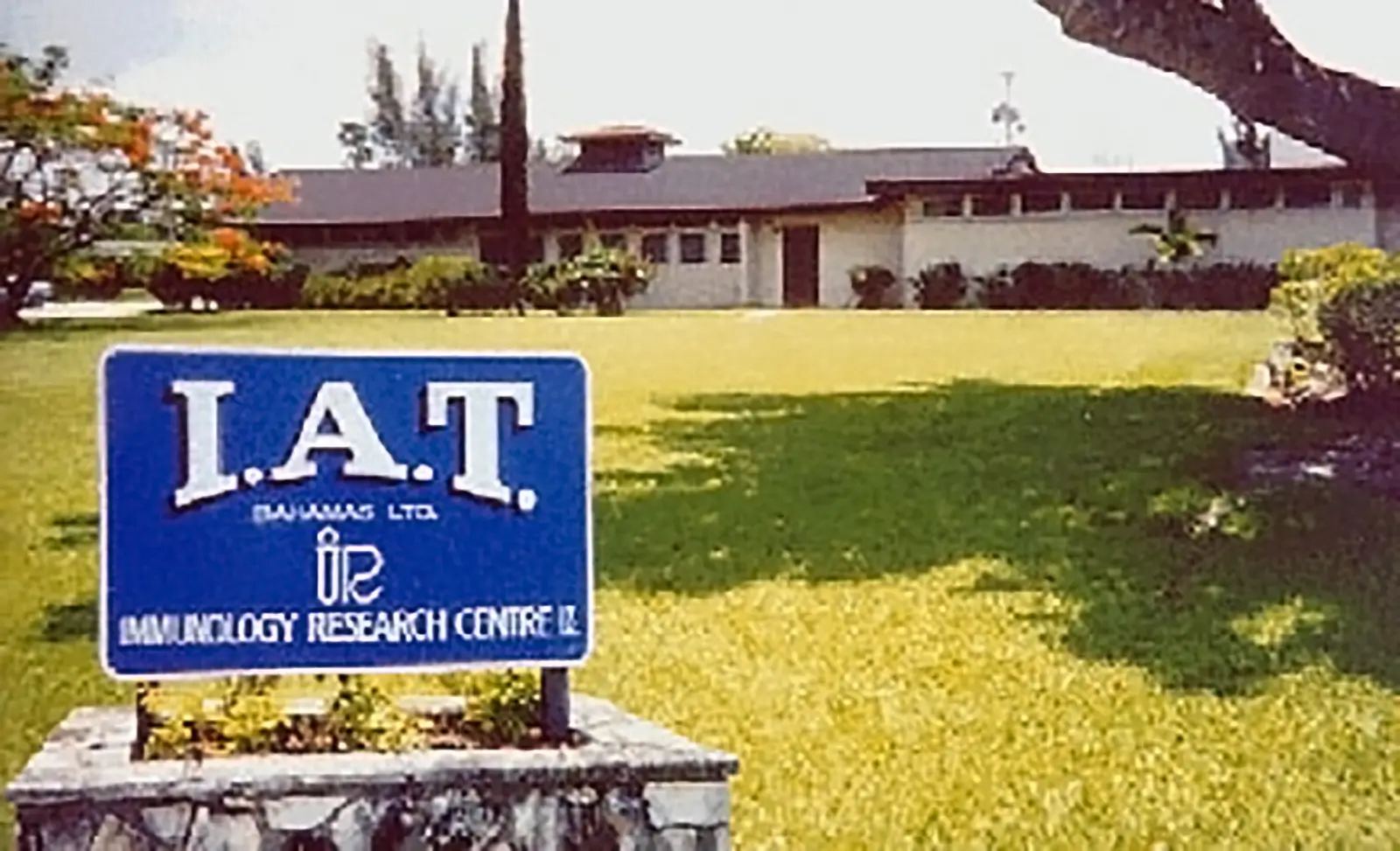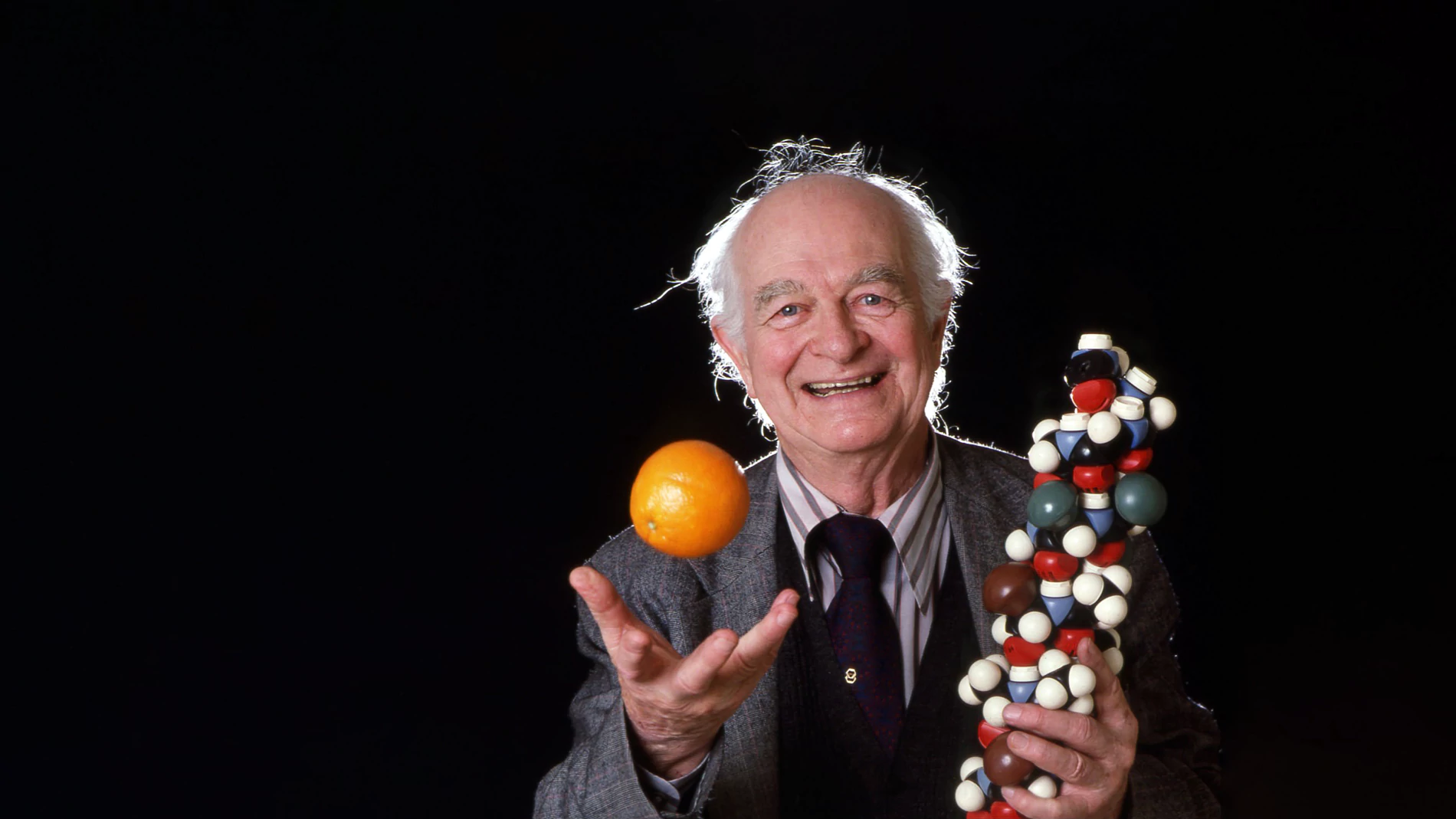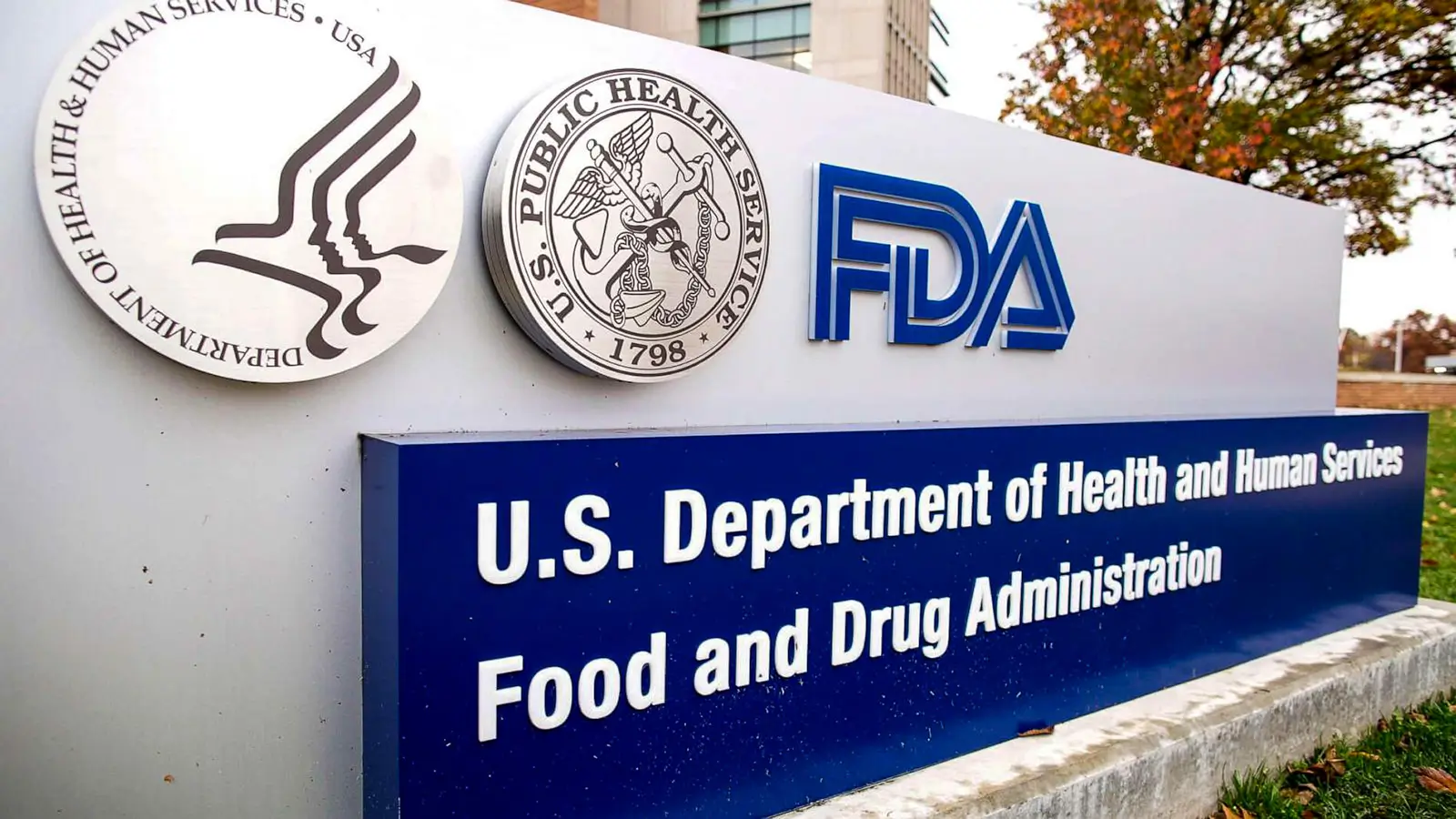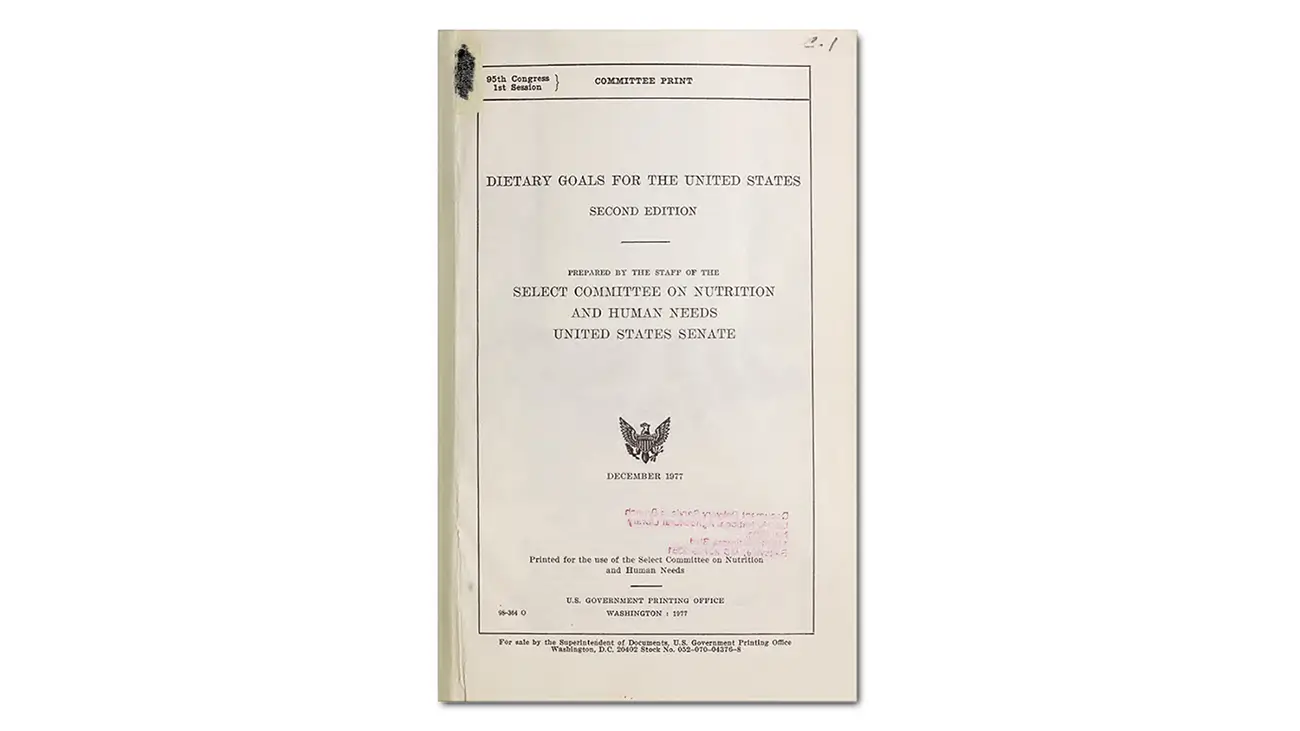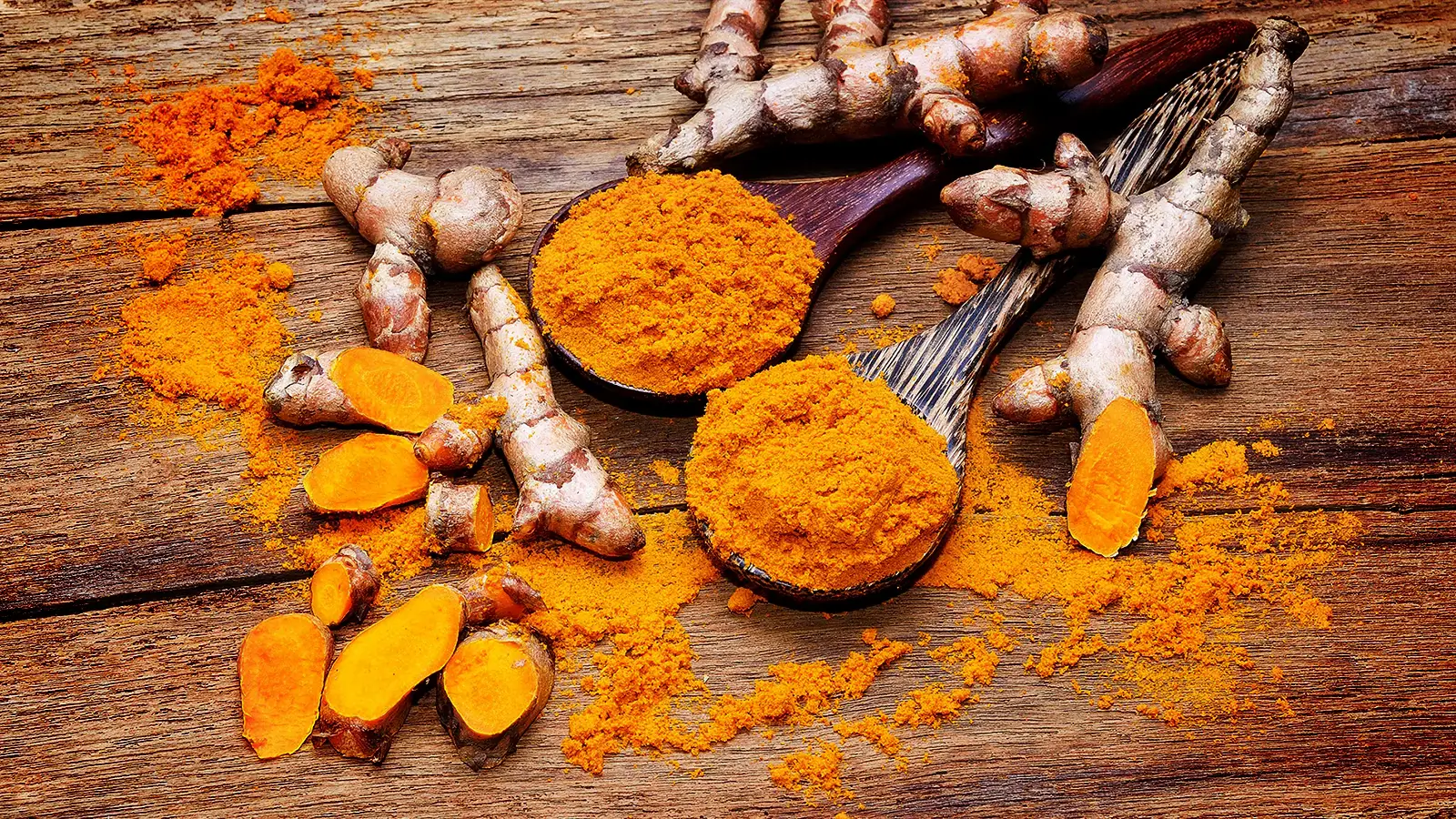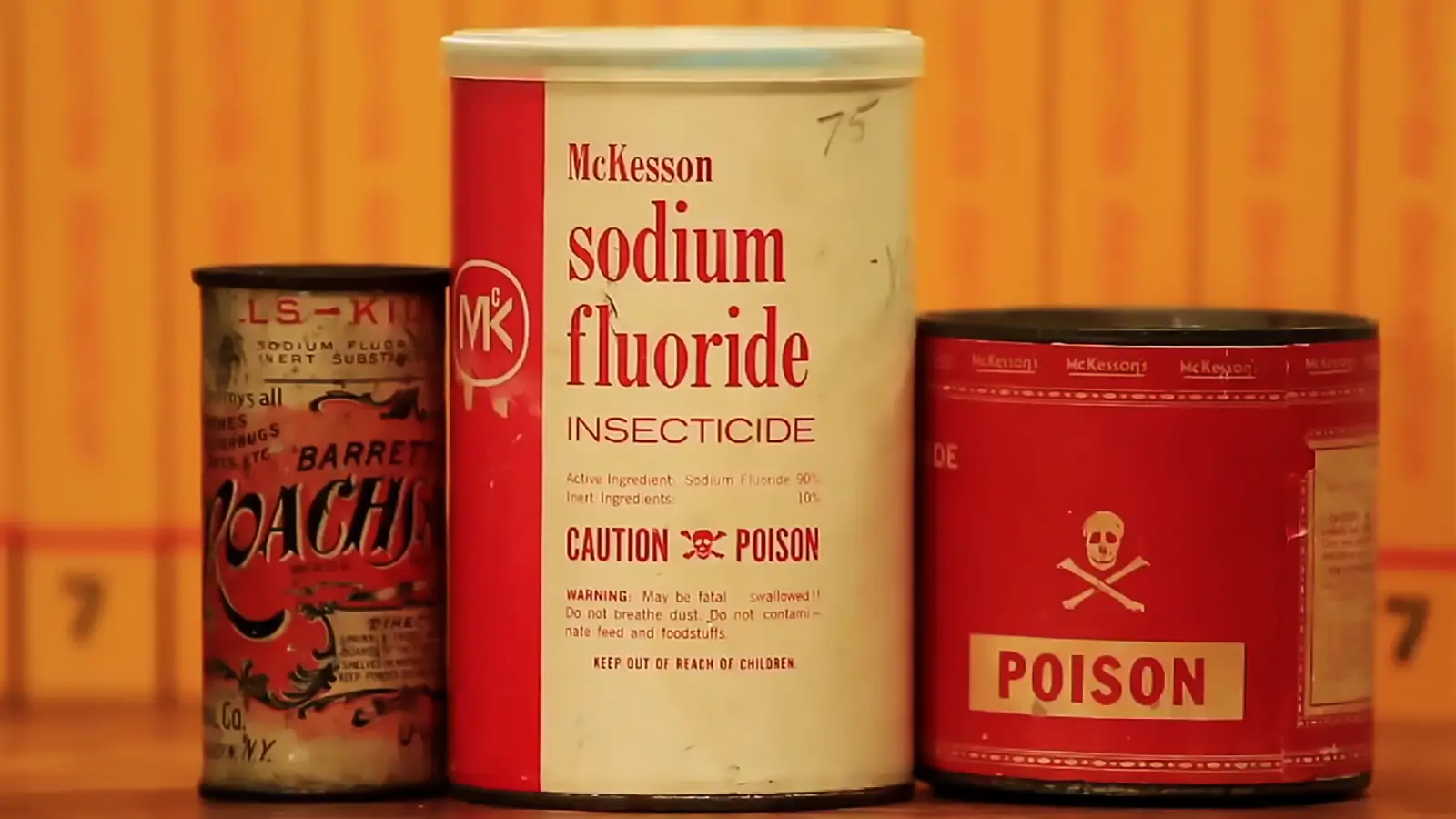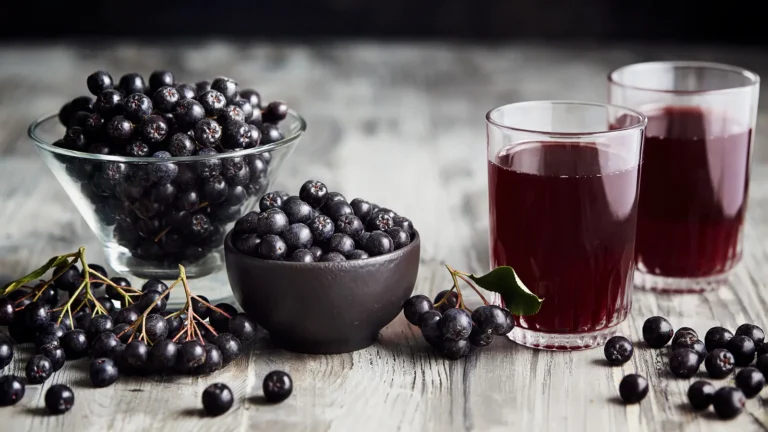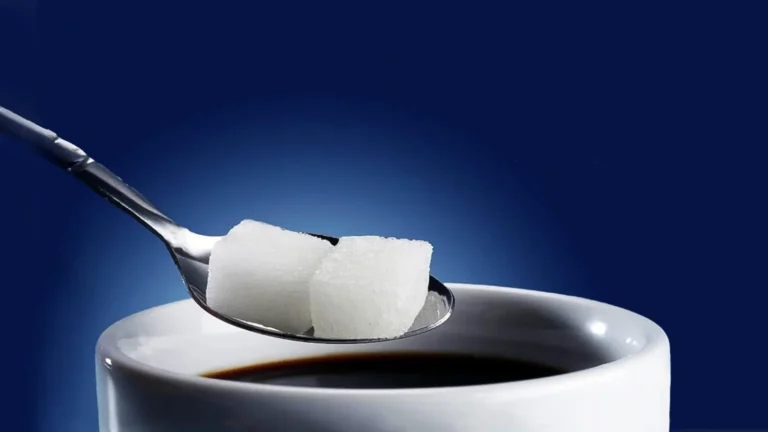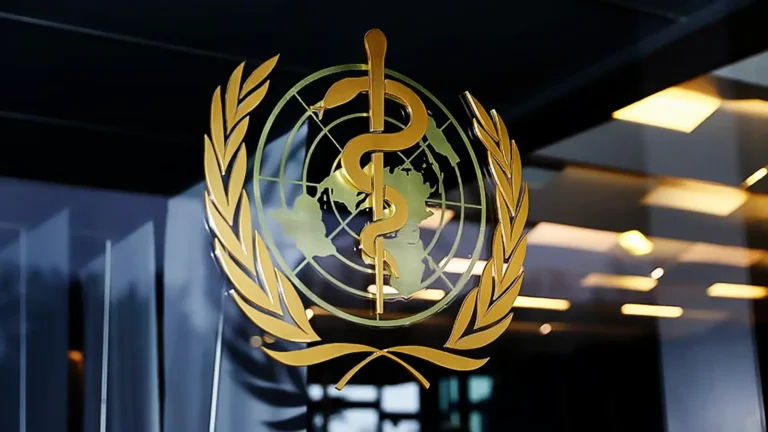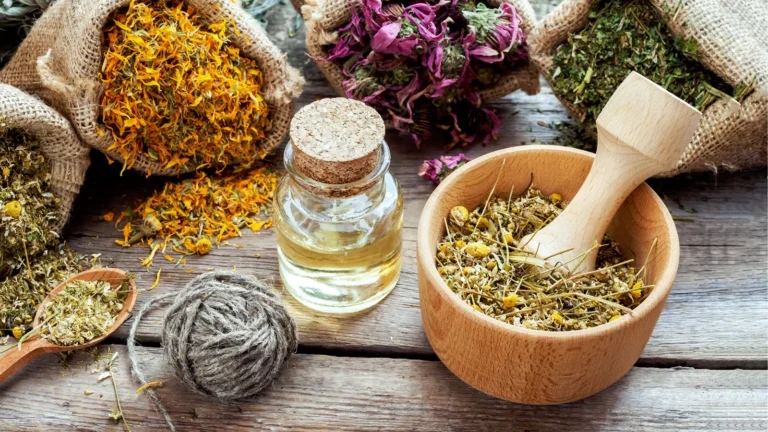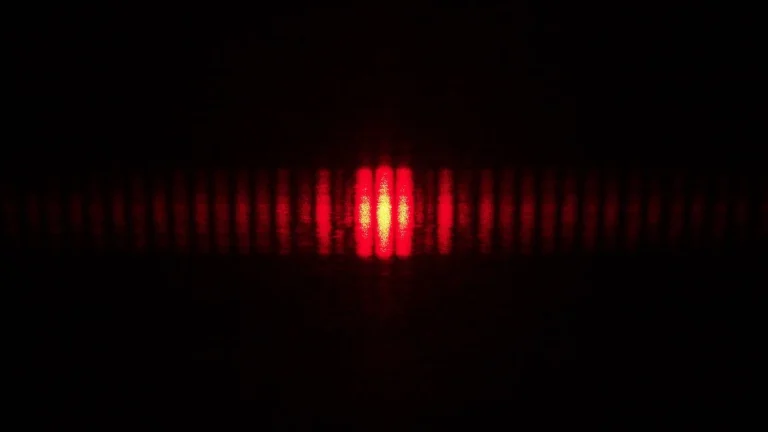Cancer, The Forbidden Cures-Rife machine, Scientific review
The worst case of medical suppression in history was suppression of resonance radiation technology first invented by Dr. Royal Raymond Rife (Rife Machine).
Milos Pokimica
Written By: Milos Pokimica
Medically Reviewed by: Dr. Xiùying Wáng, M.D.
Updated May 7, 2023Maybe the worst case of medical suppression was the case of what I like to call broad specter resonance radiation technology (BSRR) first invented by Dr. Royal Raymond Rife. He did not name his invention this way. There was no name at the time except “The Rife machine.” I think that this name is an appropriate description of the technology.
The Rife machine was so dangerous for the establishment that they actually killed people, burned down laboratories, and used police, legal and monetary means, to bribe, arrest, bully, threaten, and all at their disposal. All form the highest levels of government. They did it all to suppress the Rife machine. The suppression of this technology is the worst case of genocide in human history at the level of concentration camps and I am not saying this lightly (Cancer, The Forbidden Cures-Rife machine, Historical review).
To understand how the Rife machine works we have to go into physics and especially quantum mechanics. Most scientists to this day don’t understand the scientific background behind the Rife machine. They think that the Rife machine is some alternative quasi-scientific, unproven scam that is debunked easily. Because they do not understand the actual science behind it they label the Rife machine and even Rife himself as a quack that wanted to make a quick buck. All the usual slander that comes along in this kind of situation. In most cases even if they do understand the science behind the Rife machine it is so in the realm of scient fiction for most people that it is just rejected. In this article, I will review all of the science behind the Rife machine, and why the Rife machine was so dangerous that needed to disappear forever. Science itself is problematic to some because it goes against the perception of reality that some people might hold.
There is a big overlap in the meanings of “waves” and “radiation,” so this can also be a bit confusing. For a normal average individual to understand the technology, we will have to have a quick look into the basics of quantum mechanics and the nature of the universe or nature of the matter. Quantum mechanics is fundamental to explaining the functioning of systems at atomic length scales and smaller and is at the base of physics and defines the way that we comprehend the world scientifically.
One of the most important experiments in Quantum mechanics and in science that defined the way we perceive the world is the experiment known as the double slit experiment. It is also the experiment that did not just define our world but also created the biggest problem in science so far that is still ”in the air” and nobody especially scientists do not like to talk about it and avoid the subject.
If we have a barrier like a wall with two splits in it. Imagine throwing balls at the wall. Some will bounce off, but some will hit the slits. If there’s another wall behind the first, the balls that have gone through the slits will hit it. If you identify all the points where a ball has hit the other wall, what do you expect to see? Two strips of marks are approximately identical in appearance to the slits. So any time when you throw something that was made of atoms through the slits you will get two strips of marks roughly the same shape as the slits. So far so good.
But what if we shine a light (of a single color, that is, of a single wavelength) at a wall with two slits, or not just the light but any other form of a wave into it and not solid matter like electrons or atoms? What would we expect to see on the wall? As the wave passes through both slits.
It basically divides into two new waves, each expanding out from one of the slits. The waves will interfere with each other. At some points, they will cancel each other out, and at others, where peak meets peak, they will reinforce each other and produce the strongest light. When the light goes through the slits you will see a stripe pattern on the second wall, many of the bright stripes are called an interference pattern. So when we shot solid matter, we get two stripes when we shot wave we get the interference pattern. So far so good.
So now what will happen if we instead of tennis balls shot solid matter from the quantum realm like electrons through?
They are matter like any other so we should expect just two strips. Actually, that is what is going to happen if we have just one slit. We will see that some of the particles will move through the open slit and hit the second wall. It was the same as the tennis balls would. The spots they arrive at form a strip roughly the same shape as the slit. But when we open the second slit, something unnatural happens. We would assume two rectangular strips on the second wall, as with the tennis balls, but what you see is very different. The spots where electrons hit build up to replicate the interference pattern from a wave. So again when we open the second slit we have an unnatural interference pattern from a wave. How can this be?
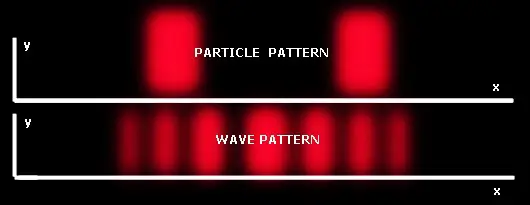
Because scientists could not explain this they theorized that somehow the electrons interfere with each other, so they do not arrive in the same places they would if they were alone. To counter that they did the experiment by shooting individual electrons one at a time. However, the interference pattern continues still if you shoot the electrons one by one.
There is something seriously wrong here.
Electrons had no interference. Strangely, each individual electron contributes one dot to an overall pattern that looks like the interference pattern of a wave. So again how could that be?
We perceive the world in solid form. We think that matter exists and that the universe is solid. We define our reality by the solidity of the matter. How could we live in a reality that is not solid but just made out of the waves? It is not possible.
It would mean everything we perceive is just an illusion and that in reality matter is just a wave that we perceive as a solid matter. It is not possible and we need an explanation or we need to redefine religion. Could it be that each electron somehow splits, passes through both slits at once, interferes with itself, and then recombines to meet the second screen as a single, localized particle?
To figure this out, we can install a detector by the splits, to detect which slit an electron moves through.
And that is when the seriousness comes in. Like it is already not enough that matter equally doesn’t exist and that everything is just the wave but wait there is more.
The nightmare of the scientific community.
If you do that, place a detector by the slits, then the pattern on the detector screen turns into the particle pattern of two strips! The interference pattern vanishes. Somehow, the act of watching makes sure that the electrons travel like well-behaved little tennis balls. They knew they were being observed and then form the pattern of the regular solid matter.
The act of observing by some form of intelligence forces the electrons (or any other form of matter) into their solid form.
So all the matter is actually the wave and let’s say “download” itself into the matter when observed by inelegance. So any matter has duality in itself. The famous wave-particle duality of quantum mechanics defines our way of scientifically looking at the universe. However, scientists do not tell it all. They do not like this experiment too much because even today it is a big “mystery” of quantum mechanics. A scientist will say when asked that it is just a measurement problem of quantum mechanics. However, it is not. They are scared of it; they do not have an explanation that can go along with an acceptable way of looking at things, so they ignore the experiment.
For example, a scientist at Washington University found that quasi-measurements cause the Zeno effect possibly explaining why the particles do not form an interference pattern if one detects which slit they pass through, but somehow they seem to be leaving out the fact that the difference occurs only when being actively observed. Scientists may ignore the findings, but they still accept the results of what they call the dualistic nature of matter. What we accept as “particles,” such as electrons, somehow combine the characteristics of particles and the characteristics of waves.
That is the famous wave-particle duality of quantum mechanics.
So if the matter is just a wave, then it would have all the characteristics of the wave. The height of a wave, is called its amplitude, the distance from a particular point on one wave, to the same point on the next is called the wavelength and most importantly the number of waves passing every second is called frequency, f. Frequency is ranked in units called hertz (Hz). The faster a wave is traveling, the higher its frequency but, the shorter its wavelength. When waves of the same frequency come into contact, they are going to combine into one wave with larger amplitude, or greater energy if you like.
It is called resonance. This is important for understanding how the “Rife Machine” works.
A well-known model is a playground swing, which works like a pendulum. Pushing a child in a swing in time with the natural interval of the swing (its resonant frequency) produces the swing going higher and higher (maximum amplitude). This is because the energy the swing absorbs is maximized when the pushes match the swing’s natural oscillations. So if the matter is just the wave then what defines different matter? Well as it turns out the lower the frequency the density of the matter is stronger. And every molecule has its own frequency in which it can resonate.
Different atoms have different frequencies for all of the matter in the universe.
There is a good quote from Nikola Tesla who said:
“If you want to find the secrets of the universe, think in terms of energy, frequency, and vibration.”
If the frequency of one wave is extremely different than the frequency of another wave they will not just resonate, but they will not ever interact with each other at all. The two can occupy the same time and space. A good example is the waves that go into your cell phone. You can go inside the solid building but you will still have the signal on your phone, and the waves will go through the walls literally. However, if you have resonance, you can combine the energies to make some “destruction.” Balanced twisting that was produced in the 1940 failure of “Galloping Gertie,” the original Tacoma Narrows Bridge, is characterized as an example of a resonance phenomenon. Armies have to break the step when crossing over the bridges. Alternatively, you can yell at the wine glass to shatter it. Voice can hit the resonance of glass at 550 Hz. It is in the human voice range. Such a strong, solid form like glass can shatter just from the sound.
Everything has a frequency, even planet Earth itself. It is known as the Schumann resonance. What do you believe will occur if someone decided to bombard the Earth with waves at a frequency of Schumann resonance? There will be resonance with earth and if enough energy is sent that energy will not be able to dissipate naturally but will start to accumulate and in the end release itself in the form of an artificially created earthquake.
First, artificially created earthquake was created back in 1898 by Nicola Tesla. Besides all of the credited work and all of the work that other “great scientists” stole from him he was also credited to have worked on unknown energy sources, being contacted by UFOs, caused the Tunguska explosion by a death ray, and even worked on an earthquake-generator. Tesla said the oscillator was around 7 inches (18 cm) long and weighed one or two pounds; something “you could put in your overcoat pocket.” At one point while experimenting with the oscillator, he alleged it generated a resonance in several buildings causing complaints to the police. What happened was that he placed his tiny vibrator in his coat pocket and went out to seek a half-erected steel building. He found one in the Wall Street district. It was just steel and didn’t have a brick. He assembled the device to one of the beams. Tesla said that eventually the structure began to creak and weave and the steel workers came to the ground panic-stricken, believing that there had been an earthquake. Police and an ambulance were called. Ten minutes more and he would have laid the building to the street with something that you can put in your pocket. That is the power of resonance. However, his “telegeodynamics” system never managed to get beyond the prototype, but he also imagined using the oscillations generated by his device to prospect the underground. It is just this basic idea that modern seismologists use.
Today we use resonance in medicine too. For example, the hydrogen atoms in water are just protons. The protons have a resonant frequency that they vibrate (inside the huge magnetic field of an MRI machine). And that resonant frequency is in the radio range. So when you are in the MRI machine, radio waves are hitting the water in your body, making the protons (hydrogen atoms) vibrate (resonate) at that same frequency. Vibrating protons give off their own radio signal, and that signal is used to build a picture of your watery leg/brain/belly. It is magnetic. It is resonance. It is imaging. MRI.
Alternatively, you can bombard the water with its own water molecule frequency instead of the frequency of the protons. That will destroy the bond and force hydrogen and oxygen to split out of H2O. It is electrolysis just hundreds of times more efficient than the regular one. It is supposable so efficient that there are some patents and claims that you can run your car on that alone. Have you ever heard of a water power car? Probably not but it was called Dune Buggy by its inventor Stan Meyers. He experimented with resonance in his garage and used BSRR instead of regular electrolysis to break the water molecules. Pentagon showed lots of interest in that project. They even sent some of their men to look into it.
He drove his Dune Buggy for a news report on an Ohio TV station and also calculated that from Los Angeles to New York it will use 22 gallons of water. Supposedly. There is no documented evidence that the system provides sufficient hydrogen to run an engine. Philip Ball, writing in the academic journal Nature, characterized Meyer’s claims as pseudoscience, noting that:
“It’s not easy to establish how Meyer’s car was meant to work, except that it involved a fuel cell that was able to split water using less energy than was released by recombination of the elements …”.
He probably didn’t understand resonance. Pentagon does.
What was not the pseudoscience was the money. He was offered a bribe for a patent and for him to go away from rich investors in the amount of no less than 1 billion dollars. Billion with the B. He refused.
He wanted to put his invention into commercial use and was Christian and didn’t like “one world government” and wanted to give people self-sufficiency. Stanley Meyer departed suddenly on March 21, 1998, after eating at a restaurant. Conspiracy theorists insist that he was killed to suppress the technology and that the United States government were involved in his death. His brother claimed that during a meeting with two Belgian investors in a restaurant: “Stanley took a sip of cranberry juice. Then he grabbed his neck, bolted out the door, dropped to his knees and vomited violently. I ran outside and asked him, ‘What’s wrong?’ “. He said: “They poisoned me” and died.
Mayer’s water fuel cell was later examined by three expert witnesses in court who found there was nothing revolutionary about the cell at all and it was simply using conventional electrolysis, but it is possible that they did not understand the technology behind the double slit experiment. To date, no one reproduced his technology commercially, or at least that I know of.
There are just a couple more cases of individual inventors who made water cars with a similar approach like Herman P. Anderson who actually used a little bit different approach and deuterium (heavy water) was essential to his fuel cell. Herman was consulted with Nasa and the US Airforce on some of the country’s most important Top Secret Projects including the first US satellite in space, the SR-71 Blackbird, the Stealth Fighter/Bomber, and Star Wars. Herman worked closely with Nazi operation paperclip refugee Dr. Wernher von Braun testing hydrogen-powered rocket engines, and he also worked with engineers at the now famous Skunk Works, the Jet Propulsion Laboratory, JPL, and Cal Tech. The government of the State of Tennessee allowed him to drive his water-powered car but had forbidden him to try to use his invention commercially. In any normal free country, he would be glorified as the man who freed the world from poverty. And yes most of our modern economy depends on energy consumption. With free energy, there would be no poverty and no environmental destruction, but there would also be an uncontrollable independent, self-sufficient population with no interest in war or obedience to corporate overloads and government. Imagine a world where energy is free and out of governmental control. There is one more individual case in Japan. They produced a water-powered car in 2008 that only runs on air and water. You can see it in the picture.

It is not a salt water battery electric car that is available commercially today, but again one more real water-powered car. Not surprisingly, there has been little to no coverage of this car in America or anywhere else. There was another good quote from Tesla’s life when he was confronted by J.P Morgan for his free wireless electric energy tower experiments. He said to him:
“Ok, where exactly am I going to put my ampere meter? “
However, what about the medicine?
Does cancer have resonance?
Alternatively, how about HIV?
Alternatively, how about any other molecule in our body?
In November 1931, Dr. Milbank Johnson called forty-four Los Angeles area doctors to his home in Pasadena, California to acknowledge Rife for the work he was performing. Dr. Royal Rife was acknowledged as the man who ended all diseases that ever existed. Well, at least the ones that are infectious and can be bombarded with resonance. The banquet was even called “The End of All Disease.”

What happened next, well it will be covered in the next article.
References:
Passages selected from a book: Pokimica, Milos. Go Vegan? Review of Science Part 2. Kindle ed., Amazon, 2018.
Related Posts
Do you have any questions about nutrition and health?
I would love to hear from you and answer them in my next post. I appreciate your input and opinion and I look forward to hearing from you soon. I also invite you to follow us on Facebook, Instagram, and Pinterest for more diet, nutrition, and health content. You can leave a comment there and connect with other health enthusiasts, share your tips and experiences, and get support and encouragement from our team and community.
I hope that this post was informative and enjoyable for you and that you are prepared to apply the insights you learned. If you found this post helpful, please share it with your friends and family who might also benefit from it. You never know who might need some guidance and support on their health journey.
– You Might Also Like –

Learn About Nutrition
Milos Pokimica is a doctor of natural medicine, clinical nutritionist, medical health and nutrition writer, and nutritional science advisor. Author of the book series Go Vegan? Review of Science, he also operates the natural health website GoVeganWay.com
Medical Disclaimer
GoVeganWay.com brings you reviews of the latest nutrition and health-related research. The information provided represents the personal opinion of the author and is not intended nor implied to be a substitute for professional medical advice, diagnosis, or treatment. The information provided is for informational purposes only and is not intended to serve as a substitute for the consultation, diagnosis, and/or medical treatment of a qualified physician or healthcare provider.NEVER DISREGARD PROFESSIONAL MEDICAL ADVICE OR DELAY SEEKING MEDICAL TREATMENT BECAUSE OF SOMETHING YOU HAVE READ ON OR ACCESSED THROUGH GoVeganWay.com
NEVER APPLY ANY LIFESTYLE CHANGES OR ANY CHANGES AT ALL AS A CONSEQUENCE OF SOMETHING YOU HAVE READ IN GoVeganWay.com BEFORE CONSULTING LICENCED MEDICAL PRACTITIONER.
In the event of a medical emergency, call a doctor or 911 immediately. GoVeganWay.com does not recommend or endorse any specific groups, organizations, tests, physicians, products, procedures, opinions, or other information that may be mentioned inside.
Editor Picks –
Milos Pokimica is a health and nutrition writer and nutritional science advisor. Author of the book series Go Vegan? Review of Science, he also operates the natural health website GoVeganWay.com
Latest Articles –
Top Health News — ScienceDaily
- Scientists find dark chocolate ingredient that slows agingon December 12, 2025
Scientists have uncovered a surprising link between dark chocolate and slower aging. A natural cocoa compound called theobromine was found in higher levels among people who appeared biologically younger than their real age.
- Nerve injuries can trigger hidden immune changes throughout the entire bodyon December 12, 2025
Researchers discovered that nerve injuries can alter the immune system throughout the body, and males and females react very differently. Male mice showed strong inflammatory responses, while females showed none, yet both transmitted pain-inducing signals through their blood. These findings reveal previously unknown pathways driving pain, especially in females. The work points toward new opportunities for personalized chronic pain therapies.
- NAD+ supplement shows early promise for long COVID fatigue and brain fogon December 12, 2025
Long COVID still affects people worldwide with stubborn symptoms like fatigue and cognitive issues. A clinical trial tested whether boosting NAD+ using nicotinamide riboside could help. Although overall group differences were limited, many participants showed encouraging improvements after taking NR for at least 10 weeks. The findings suggest NAD+ enhancement may offer symptom relief for some individuals.
- Stressed rats keep returning to cannabis and scientists know whyon December 11, 2025
Rats with naturally high stress levels were far more likely to self-administer cannabis when given access. Behavioral testing showed that baseline stress hormones were the strongest predictor of cannabis-seeking behavior. Lower cognitive flexibility and low endocannabinoid levels also contributed to increased use. The results hint at possible early indicators of vulnerability to drug misuse.
- Even moderate drinking carries a bigger cancer risk than you thinkon December 11, 2025
Researchers found that both how often and how much someone drinks significantly shape their cancer risk, even at moderate levels. Vulnerability varies across groups, with genetics, socioeconomic status, obesity, and lifestyle behaviors amplifying harm. The review also uncovered gender differences, beverage-specific risks, and biological pathways that intensify cancer development.
- Scientists uncover a hidden protein behind deadly mystery diseaseson December 11, 2025
Scientists discovered that the protein RPA plays a critical and previously unconfirmed role in stimulating telomerase to maintain long, healthy telomeres. When RPA malfunctions, telomeres can shorten dangerously, leading to serious diseases.
- Gene-edited CAR-T cells erase aggressive T-cell leukemiaon December 11, 2025
A cutting-edge therapy using base-edited immune cells is offering a major breakthrough for patients with one of the toughest forms of blood cancer, T-cell acute lymphoblastic leukaemia. By precisely rewriting tiny sections of DNA, scientists at UCL and Great Ormond Street Hospital created universal CAR T-cells capable of targeting the cancer without harming themselves—a long-standing challenge in T-cell–based therapies. Early trial results show deep, long-lasting remissions, including in […]
PubMed, #vegan-diet –
- Healthful and Unhealthful Plant-Based Diets and Their Association with Cardiometabolic Targets in Women Diagnosed with Breast Cancer: A Cross-Sectional Analysis of a Lifestyle Trialon December 11, 2025
CONCLUSIONS: Maintaining cardiometabolic risk factors within normal ranges is clinically relevant in BCS, and this may be more likely when a plant-based diet is consumed, especially if low in unhealthy plant foods.
- Dietary and Lifestyle Patterns and Their Associations with Cardiovascular and Inflammatory Biomarkers in Vegans, Vegetarians, Pescatarians, and Omnivores: A Cross-Sectional Studyon December 11, 2025
Background: Plant-based diets are associated with reduced cardiometabolic risk, yet the influence of lifestyle behaviors on these benefits remains insufficiently understood. Objective: To assess the combined impact of dietary patterns and lifestyle behaviors on body composition, lipid profiles, and inflammatory biomarkers in healthy young adults. Methods: In this cross-sectional study, 155 participants aged 18-39 years were categorized into four dietary groups: vegans (n = 48), vegetarians (n […]
- Functional and Nutritional Properties of Lion’s Mane Mushrooms in Oat-Based Desserts for Dysphagia and Healthy Ageingon December 11, 2025
Hericium erinaceus (Lion’s Mane mushroom) is a medicinal species recognised for its neuroprotective and antioxidant properties. This study investigated its potential as a functional ingredient in oat milk-based desserts formulated for individuals with dysphagia. Freeze-dried Lion’s Mane powder (LMP), containing high-quality protein (~16%, amino acid score 88%), dietary fibre (~31%), and phenolic compounds (72.15 mg GAE/g), was incorporated at varying levels using gelatin or iota-carrageenan […]
- “A football team with no midfield”: A qualitative analysis of anti-vegan stigma in Italyon December 7, 2025
A growing body of research has demonstrated the prevalence of unfavourable attitudes towards individuals who adhere to a vegan diet and has provided empirical evidence to support the existence of an anti-vegan ideology. The present study aims to contribute to extant knowledge by examining the social perception of veganism and vegans in Italy. Italy is a nation characterised by a traditional culture of food that serves as a significant catalyst for collective identification and national pride….
- Plant-based dietary index on the Mediterranean and a vegan diet: a secondary analysis of a randomized, cross-over trialon December 5, 2025
CONCLUSION: These findings suggest that, replacing animal products even with the “unhealthful” plant-based foods on a vegan diet was associated with weight loss.
Random Posts –
Featured Posts –

Latest from PubMed, #plant-based diet –
- Bioactive Nutritional Components Within the Planetary Health Diet for Preventing Sarcopenic Obesity and Diabetic Sarcopenia: A Systematic Reviewby Lia Elvina on December 11, 2025
CONCLUSIONS: PHD-aligned foods combining plant proteins, polyphenols, and fermented products strengthen nutrient sensing, mitochondrial efficiency, and cellular resilience, representing a sustainable nutritional framework for preventing and managing SO and DS.
- Ultra-Processed Foods Consumption, Mediterranean Diet Adherence and Sociodemographic Correlates in an Italian Adult Population: The UFO Surveyby Emilia Ruggiero on December 11, 2025
Background: Although national surveys report increasing ultra-processed foods (UPFs) consumption, updated estimates for Italy are lacking. Given the central role of the Mediterranean Diet (MD), understanding how UPFs contribute to the contemporary Italian diet is essential. This study quantified UPF intake in a convenience sample of Italian adults and examined its main sociodemographic correlates, including MD adherence. Methods: A web-based cross-sectional survey was conducted among Italian…
- High-Salt Diets, Intestinal Barrier, and Hypertension: A Mechanistic Review and the Promise of Dietary Therapyby Wenhao Si on December 11, 2025
Hypertension is a major public health problem worldwide, and high-salt diets are one of the main causes of hypertension. The intestinal mucosal immune system is the largest immune organ in vertebrates. Hypertension was associated with increased intestinal permeability and an inflammatory state. The bacterial communities attached to the intestinal mucosa played a significant role in the development and maturation of the autoimmune system, as well as inflammation and immunity to disease. In […]
- Health-Promoting Potential of the Mediterranean Diet and Challenges for Its Application in Aging Populationsby Marta Cianciabella on December 11, 2025
The Mediterranean Diet (MD) is a lifestyle that involves not only dietary habits, well known for their effectiveness in preventing health risks by supplying well-balanced foods rich in bioactive compounds, but also daily habits that improve the quality of life. Older adults represent a segment of the population that can particularly benefit from this dietary pattern. However, the specific characteristics and needs of older individuals require a critical analysis of aspects that may limit…
- Association of Mediterranean Diet Scores with Psychological Distress in Pregnancy: The Japan Environment and Children’s Studyby Yuri Takahashi on December 11, 2025
Background/Objectives: Perinatal mental disorders are important health issues that affect both mothers and their children. The Mediterranean diet (MD) is one of the most well-recognized healthy dietary patterns worldwide. Recent evidence suggests that MD may prevent or reduce the risk of perinatal mental disorders. This study investigated the association between MD adherence during pregnancy and psychological distress in a large cohort of Japanese births. Methods: Data were obtained from […]
- Protective Role of Ginsenoside F1-Enriched Extract (SGB121) in Metabolic Dysfunction-Associated Fatty Liver Disease (MAFLD)by Bo Yoon Chang on December 11, 2025
Introduction/Objectives: Ginsenoside F1, a pharmacologically active saponin derived from Panax ginseng, exhibits diverse bioactivities, but its use is limited because it is difficult to purify and has high production costs. To overcome these challenges, a ginsenoside F1-enriched extract named SGB121 was developed. This study aimed to evaluate the therapeutic efficacy of SGB121 in a high-fat, high-carbohydrate (HFHC) diet-induced metabolic dysfunction-associated fatty liver disease (MAFLD) […]
